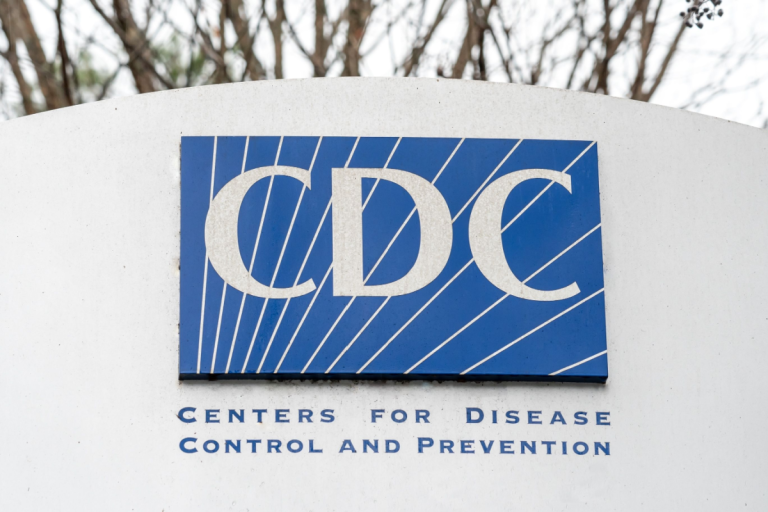Susan Monarez, the first Senate-confirmed director of the Centers for Disease Control and Prevention (CDC), is refusing to leave her post after the Department of Health and Human Services (HHS) announced her removal less than a month into her tenure. Monarez’s attorneys say she has neither resigned nor been formally fired, framing her ouster as a political move that undermines public health.
Conflict With HHS Leadership
According to reports, HHS Secretary Robert F. Kennedy Jr. and other leaders pressed Monarez to rescind certain COVID-19 vaccine approvals. When she did not commit, officials told her to resign or face termination. Monarez instead sought to involve Senate health committee chair Bill Cassidy, further straining relations with Kennedy. Attorneys Mark Zaid and Abbe Lowell issued a statement accusing HHS of “weaponizing public health for political gain.”
Official Responses
HHS confirmed her removal in a statement thanking Monarez for her service and emphasizing confidence in remaining CDC staff. The White House also stated she had been terminated, with spokesman Kush Desai noting that Monarez was “not aligned with the President’s agenda of Making America Healthy Again.” Her attorneys, however, maintain she will not resign voluntarily.
Background and Confirmation
Monarez, a Ph.D. in microbiology and immunology, became the first CDC director without a medical degree in more than 70 years. Before her appointment, she held senior roles at the White House Office of Science and Technology Policy, the National Security Council, the Department of Homeland Security, and ARPA-H. During her July confirmation hearing, she expressed strong support for vaccines, stating she had “not seen a causal link between vaccines and autism.” Her confirmation marked the first time the CDC director required Senate approval, following a 2022 law change.
Resignations at the CDC
The controversy has triggered further upheaval within the CDC. At least three top officials—Demetre Daskalakis, Daniel Jernigan, and Debra Houry—have resigned. In his letter, Daskalakis criticized HHS for using the CDC “as a tool” for policies that “do not reflect scientific reality,” including revised vaccine schedules, limits on HIV programming, and efforts he described as erasing transgender populations. The wave of departures underscores the widening rift between career public health leaders and current administration policies.
Conclusion
The dispute over Monarez’s removal highlights tensions at the intersection of science and politics in the U.S. public health system. As legal challenges loom and senior staff exit, questions remain about the CDC’s direction under current leadership and its ability to maintain credibility during a period of profound public health challenges.


